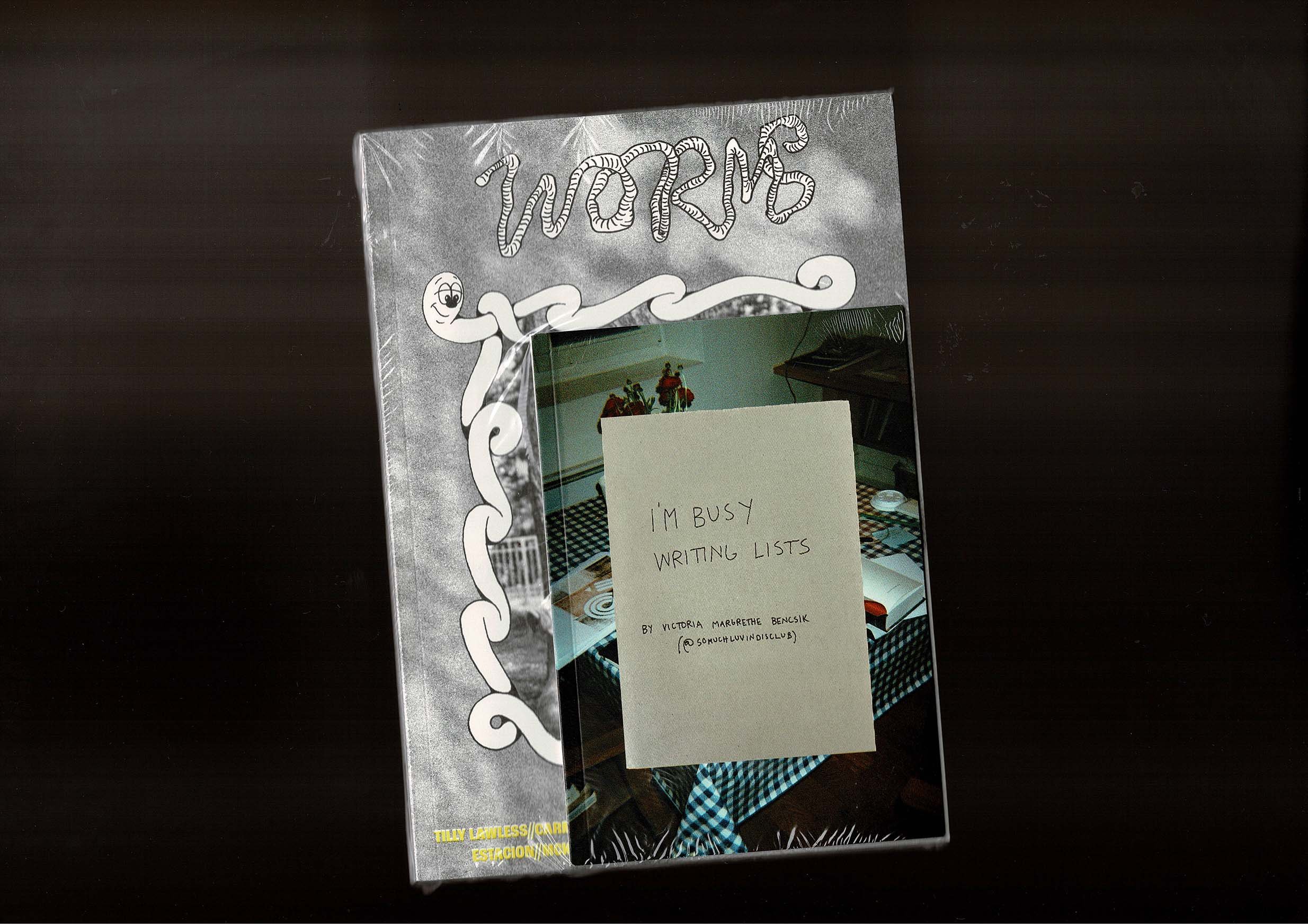The Sky Must Be Blue
by Rachel Connolly
My experience of psychoanalysis is that it has made me think more about language than I ever did before. And I did think about it a lot before. Language can obscure meaning; even when it is used to describe a quality which we would regard as an objective property of something we all experience as external to ourselves. There is the famous, beautiful passage in Anna Burns’s Milkman, set in Belfast during the Troubles, in which the French teacher of a night class forces her students to look at the sky because they refuse to admit it can be any colour other than blue. They think this way, Burns suggests, because they have lived in such a restricted, oppressive environment that to acknowledge the expansiveness of anything, even the sky, feels threatening rather than exciting.
The narrator thinks: “If what she was saying was true, that the sky - out there - not out there - whatever - could be any colour, that meant anything could be any colour, that anything could be anything, that anything could happen, at any time, in any place, in the whole of the world, and to anybody - probably had too, only we just hadn’t noticed. So no.” The language to describe something as vast and impermanent as the sky is not readily available. And to try to construct suitable language, to try to name every colour or shape, is only to highlight the vast impermanence of the sky. So just no. There is too much. It is all too big. The sky must be blue.
When I first read this I thought it was a beautiful, accurate rendering of the manner in which a cultural climate can shape how people experience the world around them. I was born in Belfast as the Troubles were ending. But there lingered a conformity, and a corresponding strangeness, over the society I grew up in which I recognised here. Only much later did it occur to me that there is another meaning here too. Not only do the people in this class not allow themselves to describe the sky, they also would not be able to. Because none of us would. We can only try. There is a limit to how we can express ourselves in language. Only later still did it occur to me to treat the sky as a metaphor for the way any of us feels. That vast, impermanent quality that we can never show to anyone else (unlike the sky, which we all look at every day).
Happy. Sad. Depression. Anxiety. Grieving. Limited terms for emotional states. As limited as a statement like the sky is blue. My experience of psychoanalysis is an attempt to describe feelings and situations in more accurate language than this, to express these things as I remember them or see them or feel them. Why? Because to describe something differently is to see it differently. To see the sky as more than blue. To better understand the expansiveness of reality, outside of expected roles and the things we feel we should do or be.
There is one sky of mine that, I realised recently, I have learned not to see as blue. There was a situation I felt so bad about all the time. A relationship with a family member who I gave far too much to. Everytime I said yes I felt awful because I never wanted to. Everytime I said no I felt awful too, because I was so guilty. The familiar cycle: Anxiety. Depression. Frustration. Anger. Sadness. Guilt. I really felt so bad about it all the time. I had my idea of the way this relationship was supposed to be, how I was supposed to act. I should help all the time, offer resources, and manage chaos. I didn’t want to though. It didn’t feel right. The sky should be blue, but deep down I knew it wasn’t.
We talked about it until we found words that described it, to the extent that I could. Some of the colours in the sky and some of the shapes too. And then it looked different. This is the question we got to: How do we define what is too much? This is the answer we got to: We don’t define it. I do.
Now I see this situation in terms not of “what I should do” but “what I want to do”. And now everything to do with this relationship seems like a choice. I don’t want to give anything so I don’t. Nothing about that situation changed other than my perspective, but that was a total transformation. I feel no guilt about that anymore. Or any bad feelings at all. This is the psychoanalytic transformation to me; a process of discarding learned narratives and scripts. This does not mean acting selfishly, but rather acting with awareness of your agency. So, eventually, you can see yourself more clearly. And choose to live more deliberately, and hence freely. Well, maybe none of us really can. But we can try. More freely at least.
Rachel Connolly is a novelist and essayist from Belfast.



